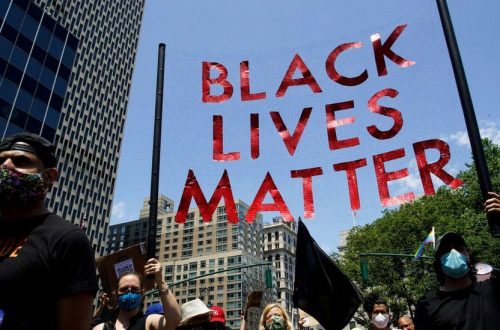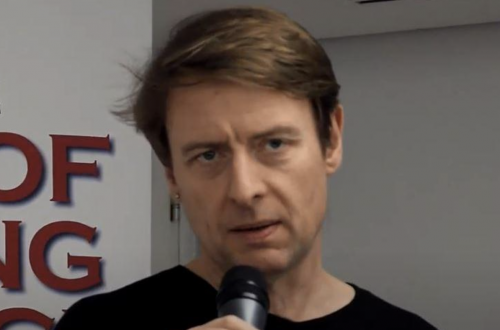The former Chief Rabbi Lord Jonathan Sacks has waded into the antisemitism crisis between Labour and the Jewish community, in an interview with the New Statesman, he said that:
“The recently disclosed remarks by Jeremy Corbyn are the most offensive statement made by a senior British politician since Enoch Powell’s 1968 ‘Rivers of Blood’ speech. It was divisive, hateful and like Powell’s speech it undermines the existence of an entire group of British citizens by depicting them as essentially alien.”
Kehinde Andrews made some excellent critical points about this statement, which he referred to as “hyperbole” adding that:
Britain has a serious problem with racism in politics, and the unfortunate truth is that, even if Corbyn meant his comments in their most vile form, they probably wouldn’t rank in the top 50 most offensive by a frontline politician. To pick out just a few high-profile examples, in 1978 Margaret Thatcher claimed the nation was being “swamped” by black and brown immigrants, language that the then defence secretary, Michael Fallon, again used in 2014, when explaining communities were “under siege” by hordes of migrants. It was only in 1990 that Norman Tebbit suggested that British Asians needed to pass the “cricket test”, supporting England to prove that they belonged to the nation rather than “harking back” to where they “came from”.
When taken on their own Sacks’ comments could well be argued to be hyperbolic, however Andrews would have done well to pay attention to what Sacks said immediately after the Powell comparison:
“We can only judge Jeremy Corbyn by his words and his actions. He has given support to racists, terrorists and dealers of hate who want to kill Jews and remove Israel from the map.”
This cuts to the nub of the concerns Jews have with Jeremy Corbyn. Imagine a politician attending meetings and sitting on panels promoting white supremacy while never explicitly voicing support for their ideology. Imagine a politician claimed to be sitting down with the National Front during the height of the Brixton riots and saying when questioned that “in order to make peace between white and black people you have to sit down with people who say things with which you disagree.” Not content with that response imagine if that politician’s supporters, filled with righteous indignation, attacked the black community and its representatives as making up their concerns in a cynical effort to smear the politician in order to harm his career.
Were Andrews to think of the situation in this perspective it may help him find some of the solidarity with the Jewish community which we desperately need at this time and which has been sorely lacking in our struggle for our right to tackle the oppression we’re facing in the form of Jeremy Corbyn’s Labour Party.



